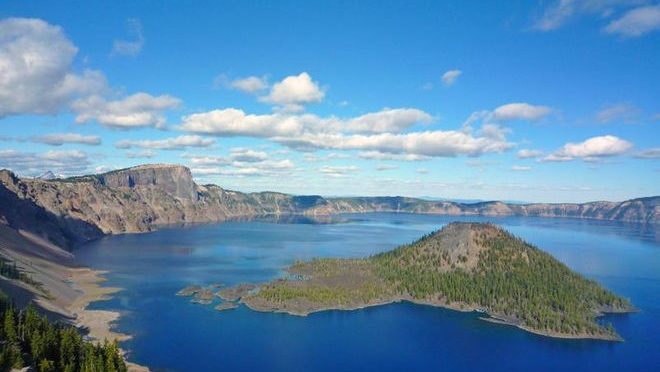The men of Klamath Land are far more noteworthy than the women, for there are still left some whose deeds have made history, and whose careers have become matters for story, as they have been leaders in notable events of peace and war. I shall never forget the Klamath head chief, Allen David, as I have seen him riding, like a centaur, graceful as a paladin of old, with just enough of the native visible in his dress to set his fine form off as distinctively Indian–for he is well-dressed always, wears an intelligent look, and is said to be anxious to secure the permanent prosperity of his people. His well-blacked boots testify that he is not indifferent to the ways of civilization. There was old Schonchin, too, virtual head of the Modoc nation, from whom Captain Jack and his band seceded. The old man impressed me as being an interesting relic of the past, and his life has been full of scenes of blood and carnage, all of which he resigned years ago to become an apprentice to civilization. But the most unique specimen of the Indian of ages bygone left in the Klamath Land, was old Chiloquin, now venerable and with a small tuft of grey beard on his chin, and his memory stored with episodes of war and remembrances of triumph, for the Klamaths seem to have been always victorious. He was a war chief of mighty renown in his day, though but a manikin in appearance, and one of the most vivid remembrances I have is of Chiloquin mounted on his white cayuse, going at a full lope, his loose red mantle floating in the wind. But it is with Klamath Land more than its inhabitants we have to do.


